Fix and Make: reconnecting the art with the artisan at Hotel Hotel
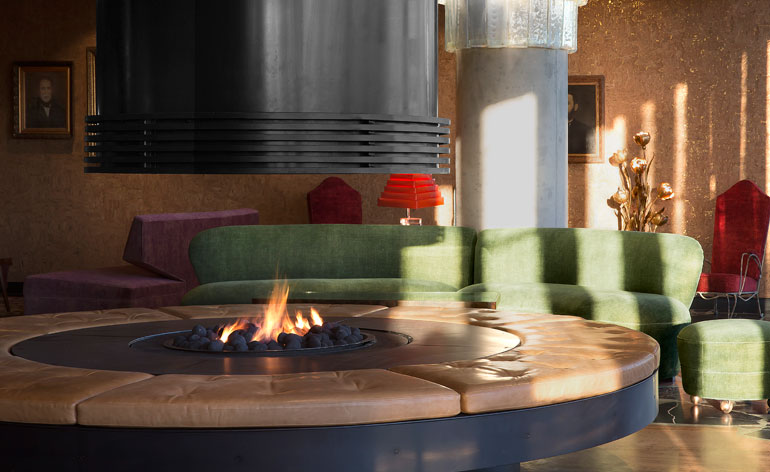
'We need to find ways of taking back control of the objects we own,' stresses Andy Marks, a social entrepreneur based in Sydney. His chief concerns are how much we disregard in our quest for the new and why we are hardwired to constantly acquire things. 'Does buying actually satisfy us, or create more hunger to spend?' he asks. Just how do you enliven debate about consumption and waste in engaging ways?
Enter property developer Nectar Efkarpidis, the co-owner and creative mind behind Hotel Hotel, a design-driven, five-star boutique hotel in Canberra, Australia. The very nature of its build and artisanal fit-out questions mass production, as it brings together the work of over 50 of the country’s top creatives from architectural, art, film and design backgrounds.
Hotel Hotel’s interiors comprise salvaged and restored 20th-century Australian furniture, hand-crafted objects, unique artworks and custom-made furnishings, plus a spectacular entry stairway made from over 2,000 pieces of recycled timber, which all together convey a sense of raw material luxury and warmth. Add in-built power- and energy-saving devices, plus an active engagement with Canberra’s arts scene, and it’s clear that Efkarpidis’ agenda is about communal endeavour, patronage and sustainability (in addition to filling the hotel’s 68 rooms and 31 apartments).
'Nectar afforded me creative freedom to devise a program that brings people together to question our relationships with objects, and to share skills and ideas,' enthuses Marks about Fix and Make, a 12-month initiative including workshops and talks at Hotel Hotel. Launching earlier this month, 60 national and international collaborators from fields spanning neuroscience, art, design, craft, education, music and psychology will partake in over 30 events, held mostly within the hotel complex.
'Through the process of fixing and making we can gain a better understanding of how things work and apply this knowledge to… solve our own problems; to take control of our own resources; and to break our dependence on manufacturers who create products with limited life-spans,' adds Marks.
Activities involve re-purposing used and end of life materials, plus offcuts from workshops and factory floors. Camp furniture will be built with fallen branches and biodegradable plastic; chipped ceramics will be repaired using kintsugi, a traditional Japanese lacquering technique; toys are made from trash and instruments from household waste; and utility aprons will be created in the Japanese boro style, from old denim. Talks cover everything from psychological explanations for compulsive buying and hoarding, through to Hotel Hotel’s key interior curators revealing what constitutes ‘value’ to them.
Quirky? Yes. Practical? Possibly. Whilst new learnt skills are a bonus of the initiative, Marks hopes that the long running program will encourage repeat visits, so the messages really sink in. 'Hopefully they’ll inspire us to re-use materials, produce locally and reduce waste by keeping our broken things out of landfill. We believe there’s potential for other cities to activate similar discussion.'
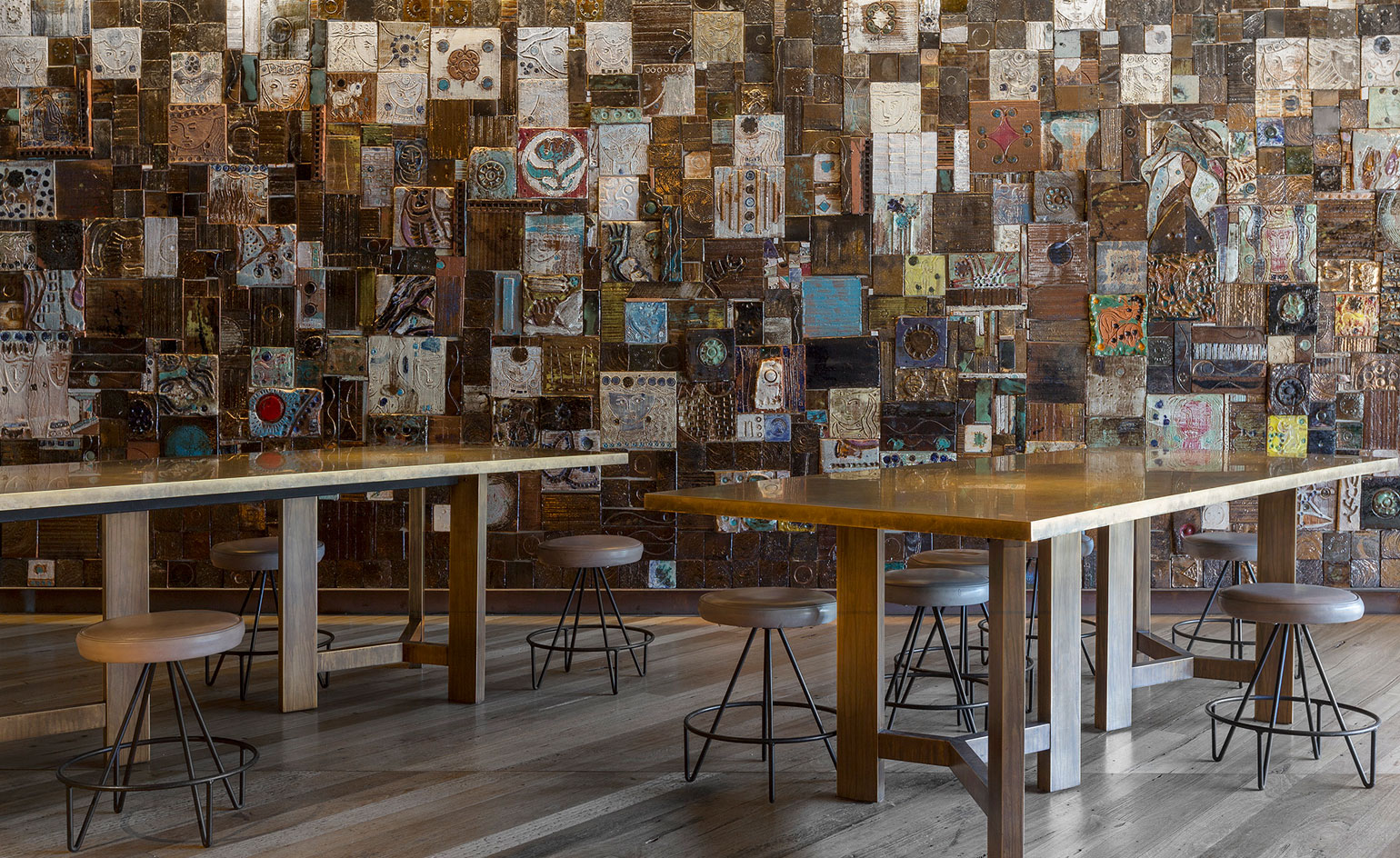
Held at Canberra's plush Hotel Hotel complex, 60 national and international collaborators from fields spanning neuroscience, art, design, craft, education, music and psychology will partake in over 30 events, held mostly within the hotel complex.
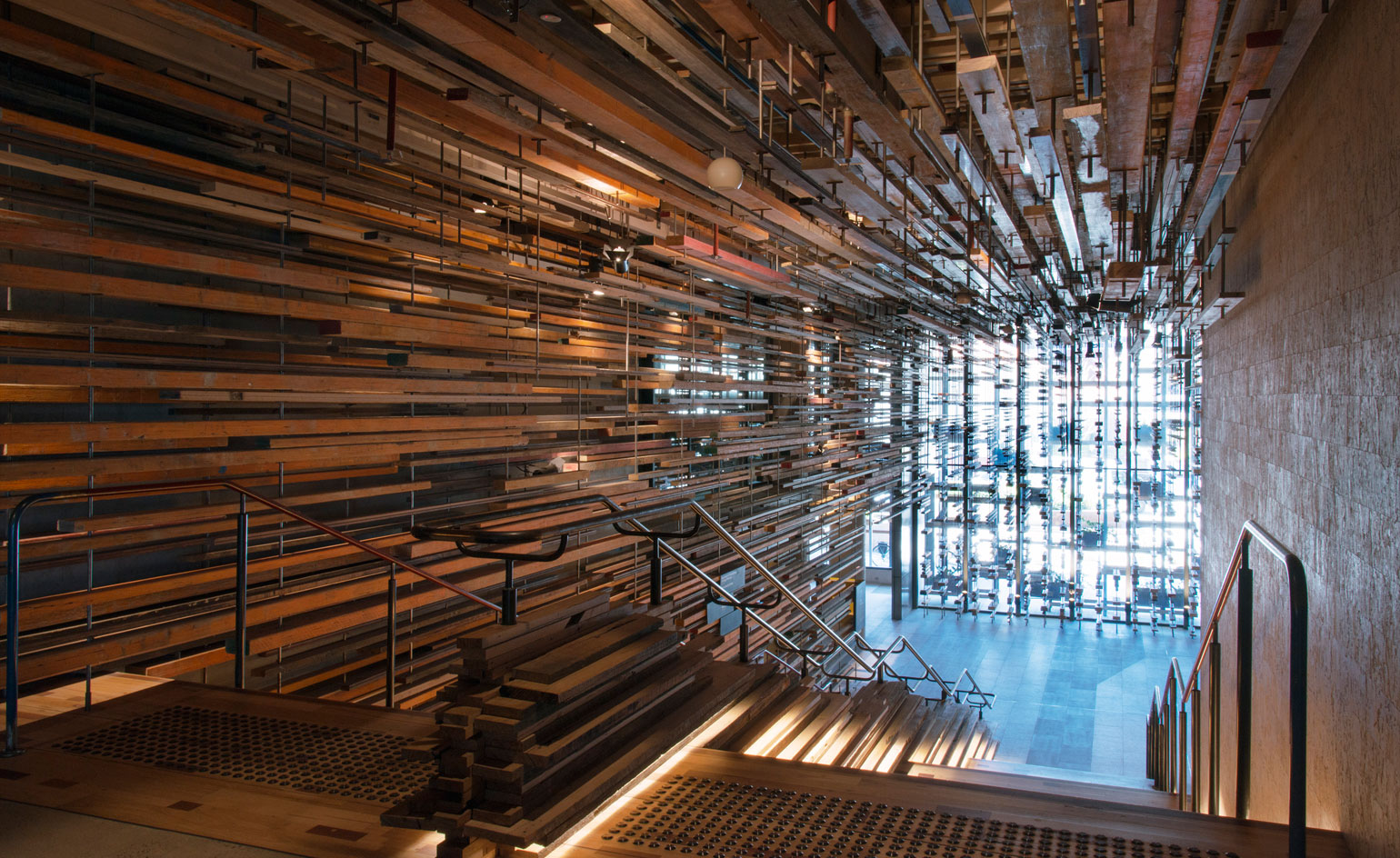
The build of the design-driven, five-star boutique hotel brought together over 50 of the country’s top creatives – so it seemed like the ideal location to host this year-long series of talks and workshops. Pictured: the spectacular grand staircase, made from over 2,000 pieces of individually selected, recycled timber.
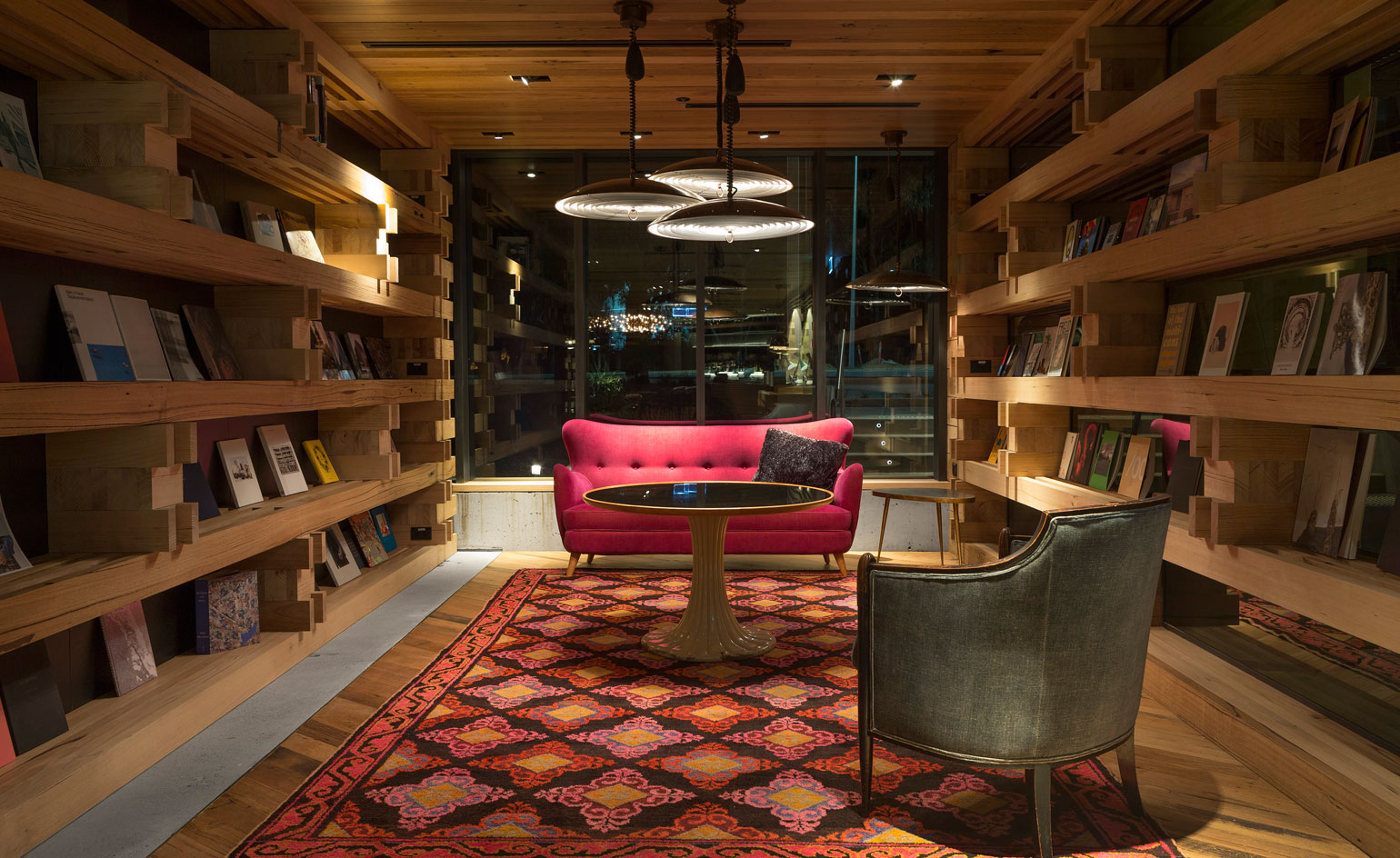
Hotel Hotel’s interiors comprise salvaged and restored 20th-century Australian furniture, hand-crafted objects, unique artworks and custom-made furnishings. Together these individually beautiful objects create a homely warmth hard to achieve in a hotel. Pictured: the hotel library.
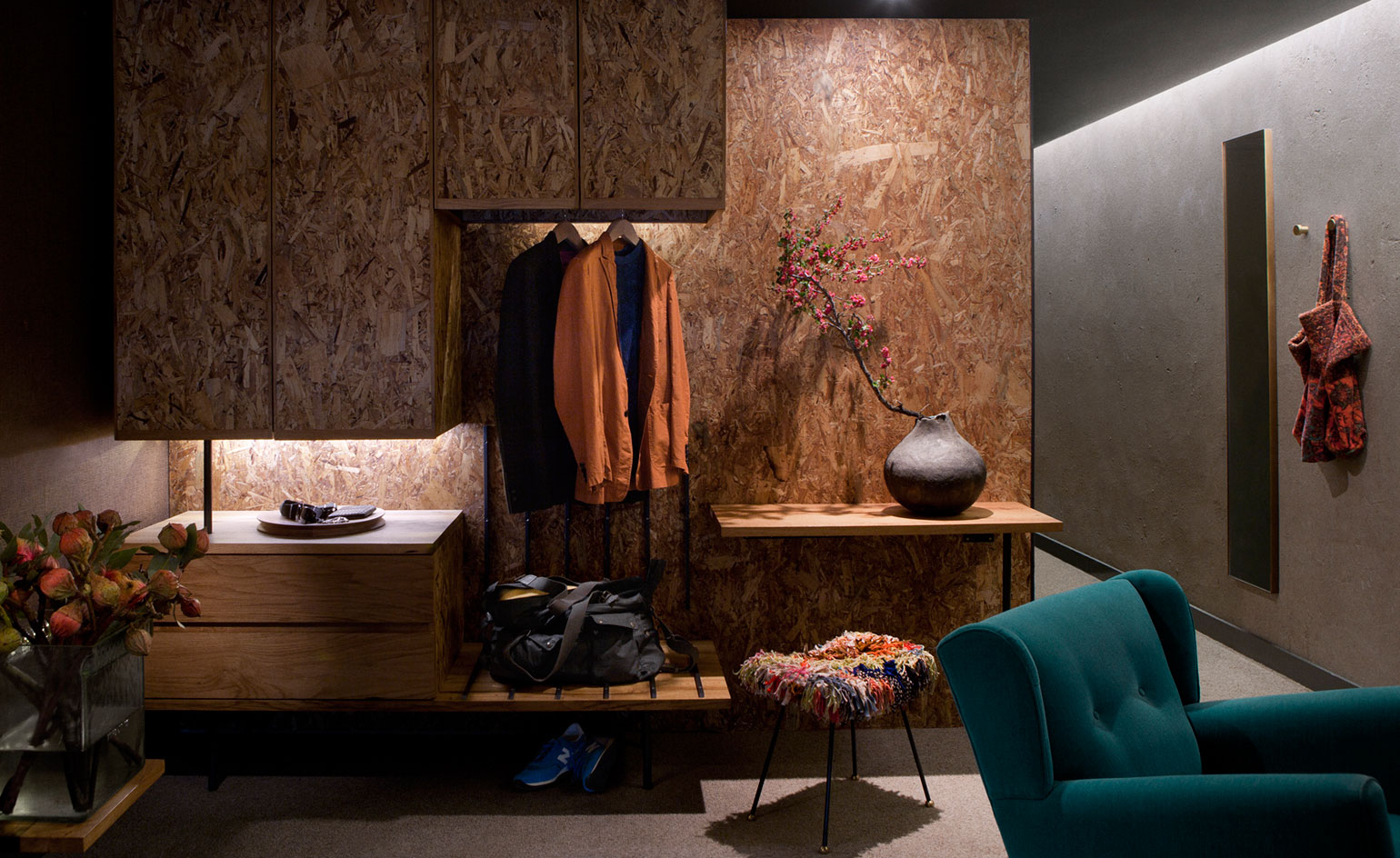
Programme activities involve re-purposing pre-loved materials and offcuts from workshops. With any luck, completed products may eventually be reused at Hotel Hotel itself, adding to the community spirit of the place. Pictured: hotel room joinery.
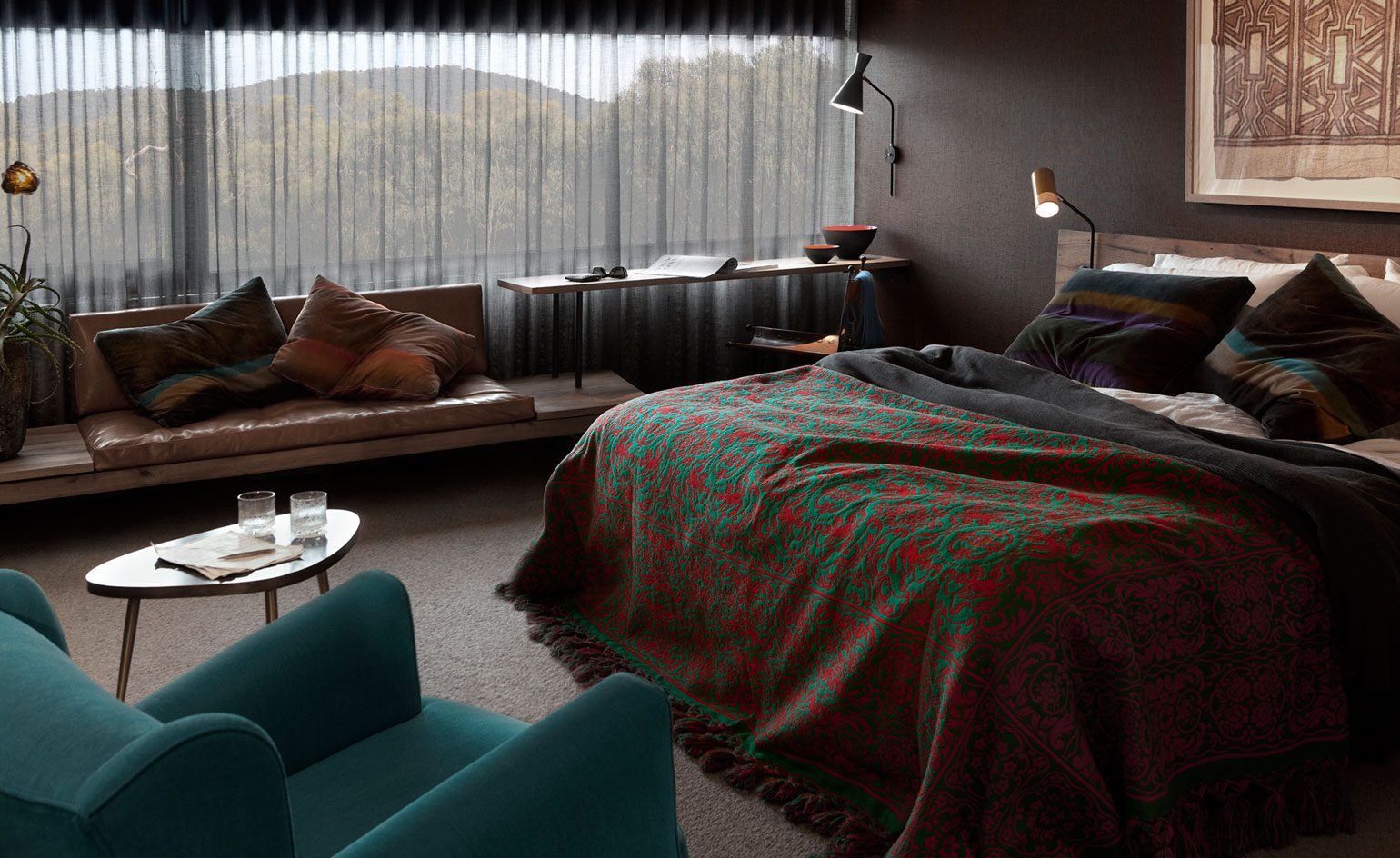
Talks cover everything from psychological explanations for compulsive buying and hoarding, through to Hotel Hotel’s key interior curators revealing what constitutes ‘value’ to them.
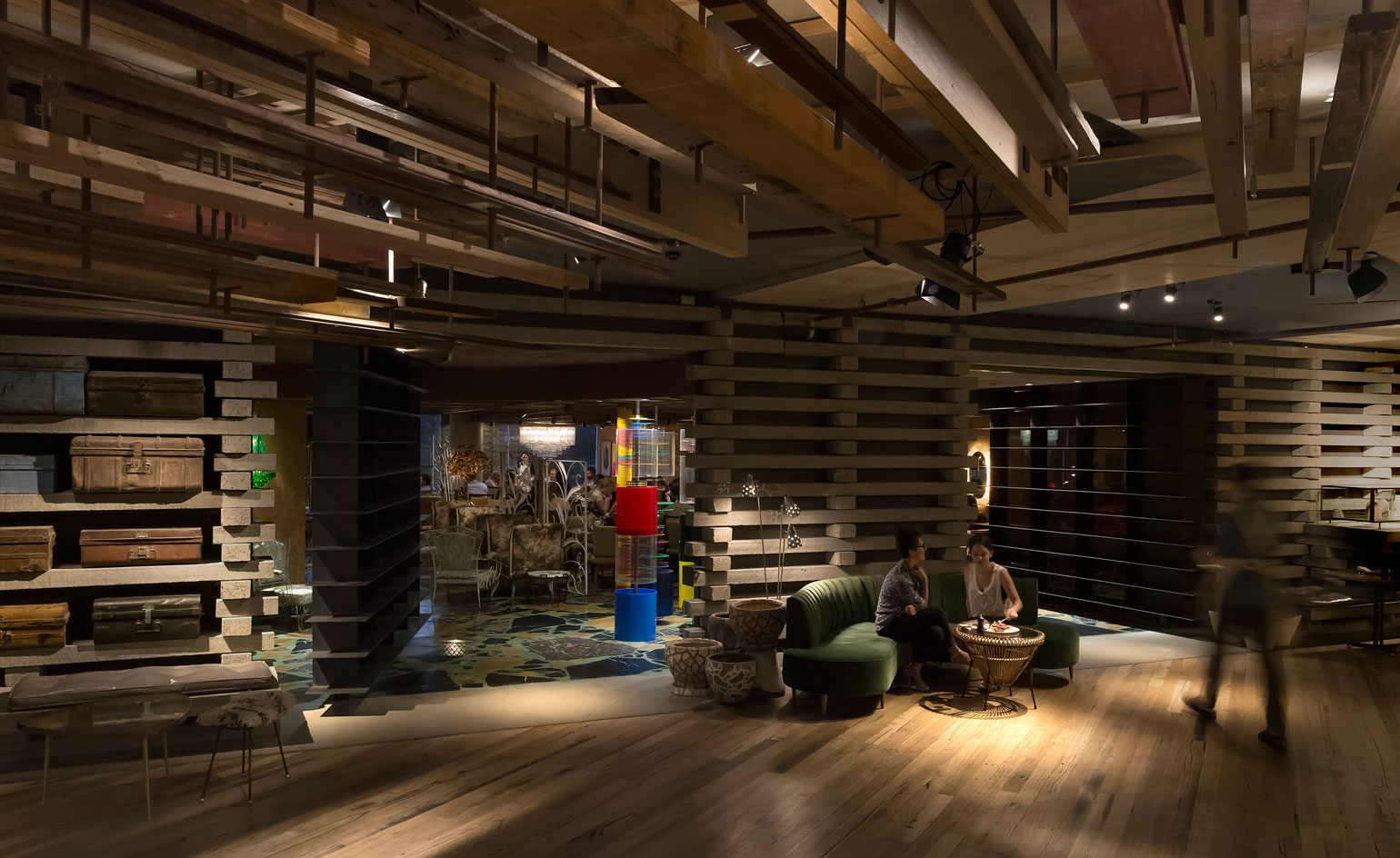
Marks hopes that the long running program will encourage repeat visits, so the messages really sink in. 'Hopefully they’ll inspire us to re-use materials, produce locally and reduce waste by keeping our broken things out of landfill. We believe there’s potential for other cities to activate similar discussion.'
INFORMATION
Prices for workshops and talks range from AUD$10–$165. For more information, and tickets, visit Hotel Hotel’s website
ADDRESS
Hotel Hotel
NewActon Nishi
25 Edinburgh Avenue
Canberra, ACT 2601
Receive our daily digest of inspiration, escapism and design stories from around the world direct to your inbox.
-
 Year in review: the shape of mobility to come in our list of the top 10 concept cars of 2025
Year in review: the shape of mobility to come in our list of the top 10 concept cars of 2025Concept cars remain hugely popular ways to stoke interest in innovation and future forms. Here are our ten best conceptual visions from 2025
-
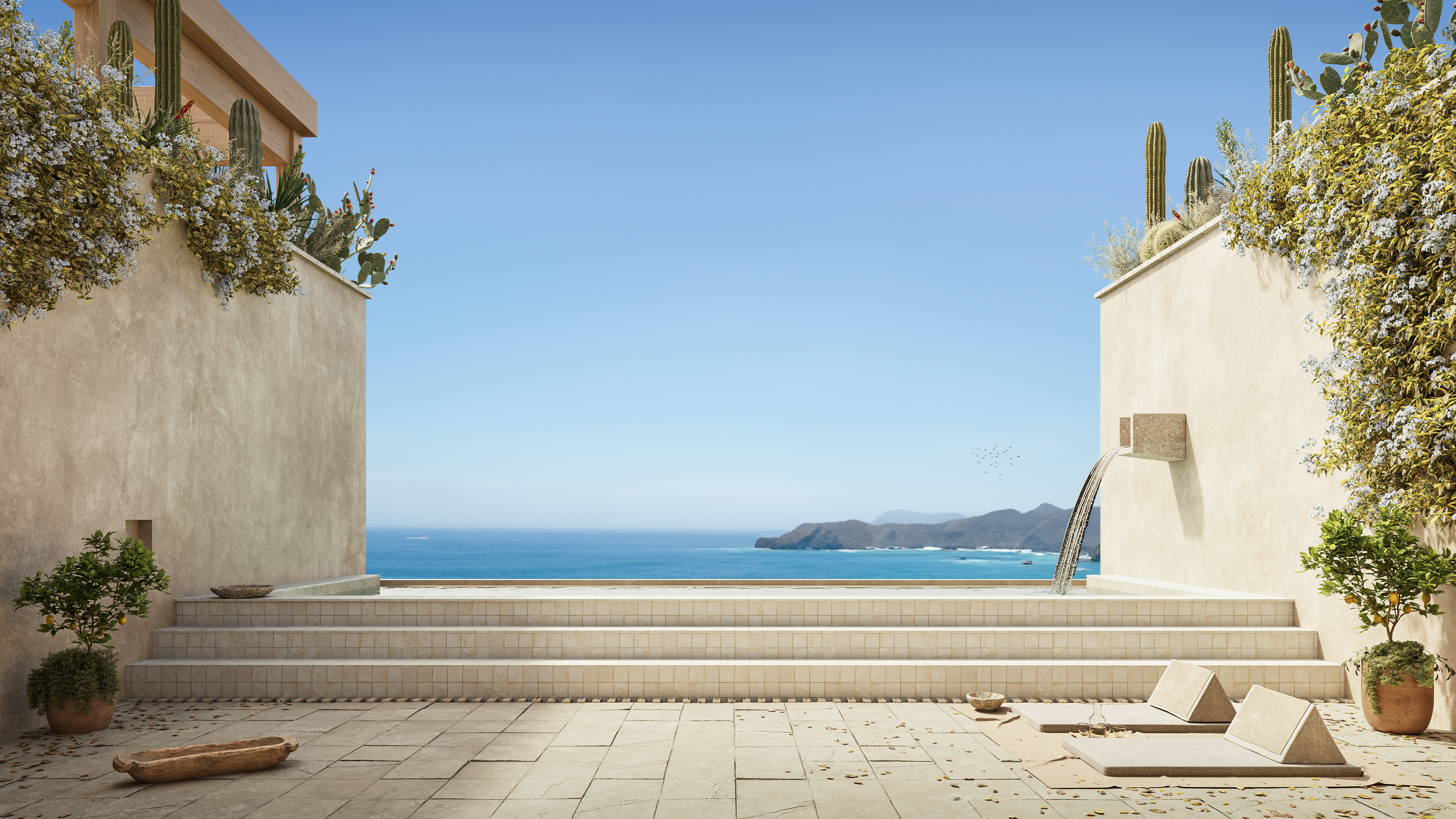 These Guadalajara architects mix modernism with traditional local materials and craft
These Guadalajara architects mix modernism with traditional local materials and craftGuadalajara architects Laura Barba and Luis Aurelio of Barbapiña Arquitectos design drawing on the past to imagine the future
-
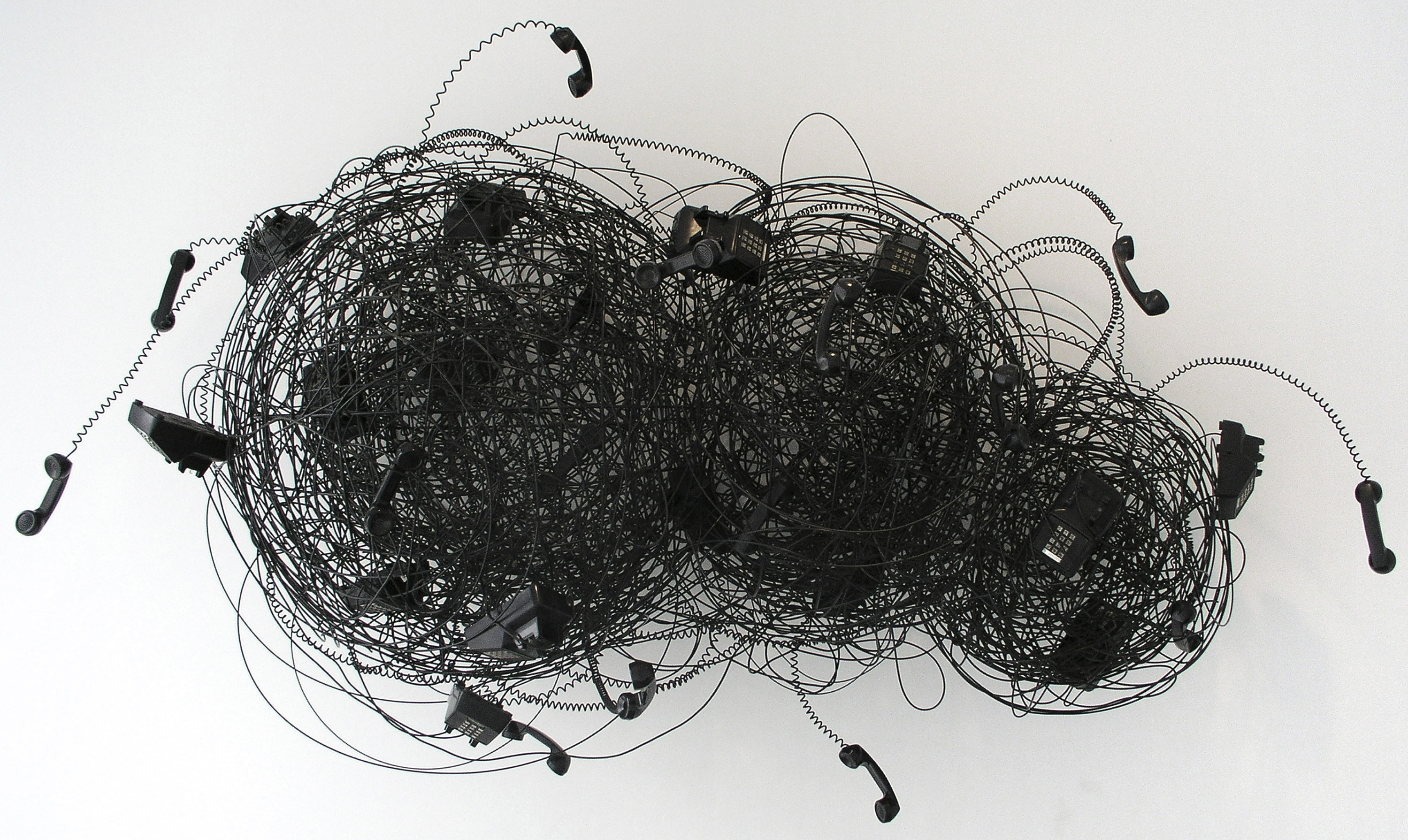 Robert Therrien's largest-ever museum show in Los Angeles is enduringly appealing
Robert Therrien's largest-ever museum show in Los Angeles is enduringly appealing'This is a Story' at The Broad unites 120 of Robert Therrien's sculptures, paintings and works on paper